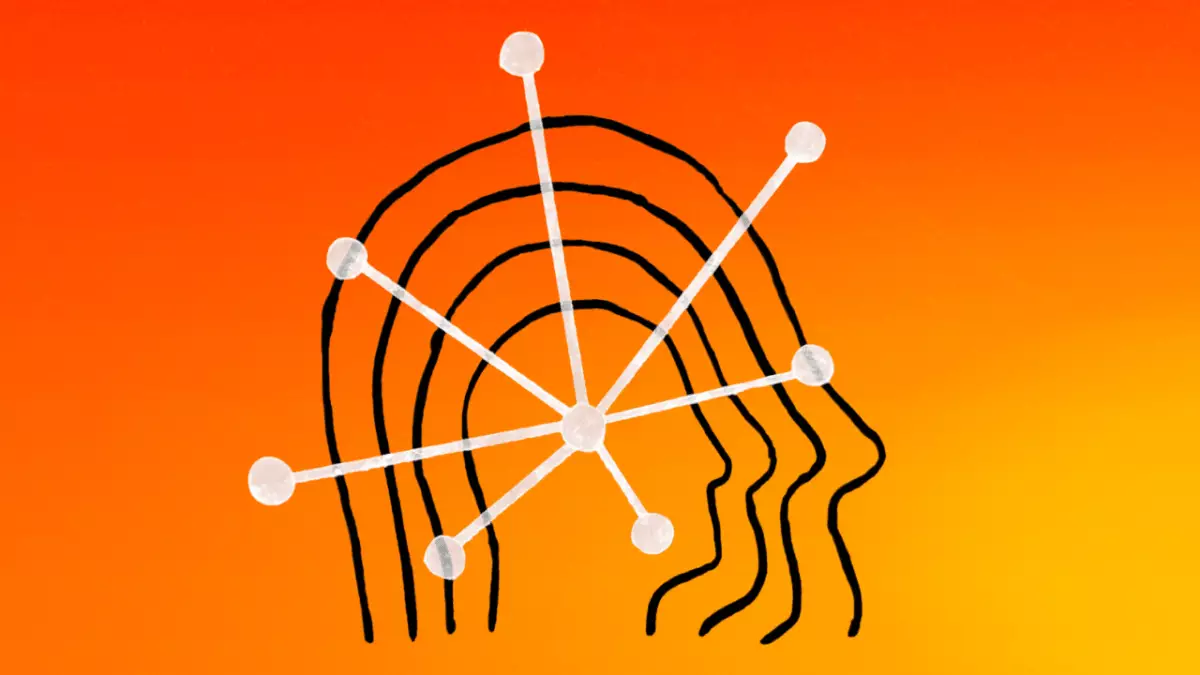In a groundbreaking announcement, Anthropic, a prominent AI research and development company, has formed a strategic alliance with Palantir and Amazon Web Services (AWS) to integrate its Claude family of AI models into the defense and intelligence sectors of the United States. This collaboration comes at a pivotal time as various AI providers strive to penetrate the lucrative defense market—looking to cement partnerships that offer both strategic advantages and financial incentives. Such partnerships are indicative of a broader trend in which technology organizations are keen to cater to the ever-evolving needs of government agencies.
Anthropic’s partnership has significant implications for national security. With Claude now accessible within Palantir’s defense-accredited environment, designated Impact Level 6 and hosted on AWS, government officials will have access to advanced AI technologies that aim to revolutionize the way they analyze and interpret data. Kate Earle Jensen, Anthropic’s head of sales, emphasizes the initiative’s focus on responsible AI implementation, aiming to enhance the analytical capabilities of U.S. defense organizations. The integration of Claude promises to provide these agencies with potent tools to efficiently process large datasets, thereby streamlining resource-intensive tasks and bolstering decision-making efficiency.
The recent surge in government interest in AI technologies cannot be overstated. A Brookings Institute analysis highlighted an astronomical 1,200% increase in government contracts related to AI, showcasing a transformation in how intelligence and defense operate in a data-driven world. However, despite growing interest, some arms of the military remain hesitant, questioning the return on investment (ROI) that AI solutions can achieve. This skepticism poses challenges to the widespread adoption of AI technologies, as agencies weigh the benefits against potential costs and operational risks inherent in the incorporation of these solutions.
Anthropic has positioned itself as a company that prioritizes safety and ethical considerations in the deployment of AI. Drawing a contrast with competitors like OpenAI, which have faced scrutiny over their practices, Anthropic’s terms of service explicitly outline acceptable applications for its models. These include tasks like legally sanctioned intelligence analysis and preemptive warnings regarding military activities. While this cautious stance is admirable, it also raises questions about the distinctions between ethical AI use and its potential for misuse in sensitive governmental contexts.
The collaboration between Anthropic, Palantir, and AWS marks a significant milestone in the convergence of advanced technology and military operations. As AI continues to gain traction in security arenas, the expectations are high for these platforms to deliver on their promises of revolutionizing intelligence analysis. However, challenges remain—such as overcoming skepticism within the military and demonstrating tangible ROI. The journey toward fully integrating AI into defense strategies will likely be as complex as the technology itself. Only time will reveal whether these partnerships can live up to their transformative potential in the ever-evolving landscape of national security.

